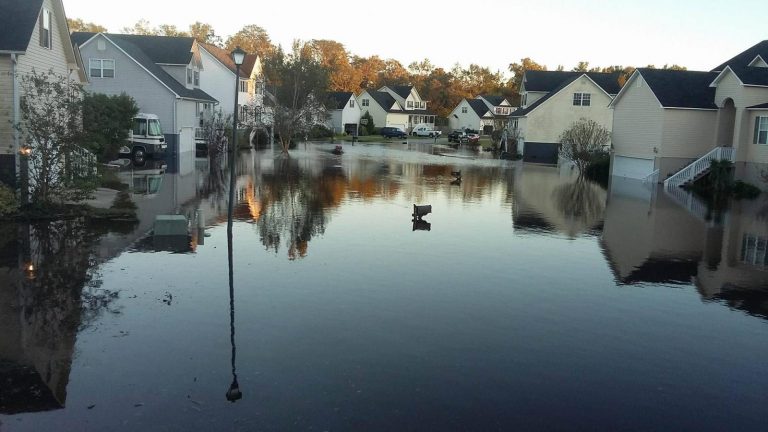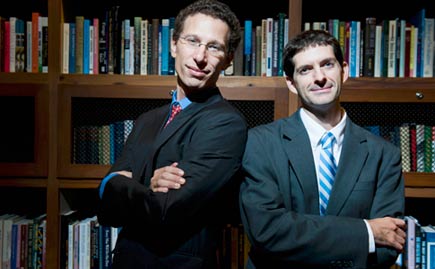UNC-Chapel Hill researcher Cassandra R. Davis led a federally-funded study on schools districts’ responses to Hurricanes Matthew and Harvey.
After Hurricane Matthew devastated North Carolina in 2016, Cassandra R. Davis was determined to help other schools facing disasters. As a former teacher and current Research Assistant Professor in UNC’s Department of Public Policy, her work focuses on promoting accessibility and equity in education. In the wake of Matthew, Davis saw an opportunity to study how states and school districts can better support students and staff after hurricanes.
“I found there was little information on the extent to which schools and districts are being supported after a disaster,” she says. “The hope is that these districts that are lower-resource will be able to look to this information and figure out the best ways to not only meet the needs of students but also of staff.”

Research Methodology
Cassandra Davis served as the Principal Investigator for Investigating the Impact of Hurricanes and School Responses on Students in Texas and North Carolina, funded by the National Science Foundation. The study examined ten North Carolina school districts affected by Hurricane Matthew as well as ten Texas districts impacted by Hurricane Harvey. The research questions addressed difficulties encountered during recovery and promising practices for addressing those challenges.
In both states, researchers conducted interviews and focus groups with teachers, principals, district and state personnel as well as others involved in districts’ recovery processes. When the researchers distributed a survey to the Matthew-affected districts, 1,722 school personnel responded. People wanted to make their voices heard, Davis says.
Assistance from Odum
The high number of responses warranted robust data analysis. While Cassandra R. Davis was accustomed to Atlas.ti, her colleagues in Texas used NVivo. The Odum Institute stepped in to bridge this gap and train her to use the unfamiliar software. She consulted Paul Mihas, Odum’s Assistant Director for Education and Qualitative Methods, throughout her research process. When Davis and a colleague were invited to present their findings at FEMA in Washington D.C., Odum helped format and package the research for circulation.
“I’m incredibly thankful for Odum,” Davis says. “They’re an excellent resource. Knowing that they were there to support me in doing something that I feel is important was just awesome.”

Value of the Social Sciences
The Odum Institute supports research like Cassandra R. Davis’ that contributes to better lives for citizens of North Carolina and the world. The future of social science research is strong and collaborative. Davis notes that the study fostered interactions and relationships across unexpected disciplines. The social sciences bolster our understanding of natural phenomena like extreme weather by bringing the human impact to light.
The project will provide data-driven insights based on the surveys and interviews. The research team plans to distribute results to the 20 districts and others in storm-prone areas. Cassandra R. Davis hopes that her work will inform disaster response policies that mitigate recovery challenges by optimizing support systems for schools in North Carolina, Texas and beyond.
“You get in this field to make a positive difference and a lasting impact,” she says. “I really feel like this project is allowing me to do that, and I am over the moon excited about it.”
Explore the Odum Institute’s research support offerings on their website at https://odum.unc.edu/research-support/ .
By Alana Edwards, The Odum Institute




